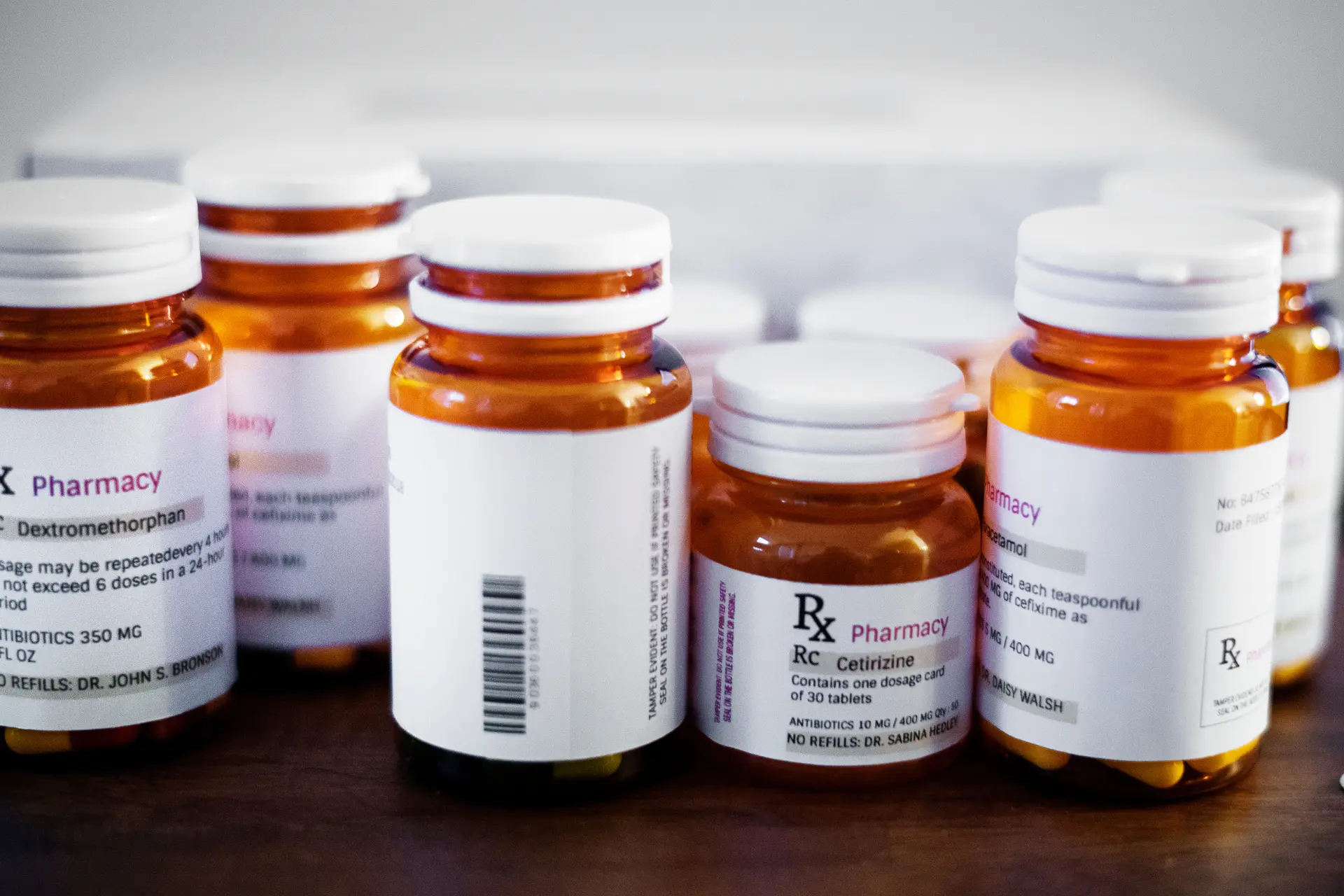Introduction to Extended Producer Responsibility In France
Extended Producer Responsibility (EPR) is a regulatory principle that places the burden of managing the environmental impact of products on the producers who create and market them. Businesses are accountable for financing and often organising the collection, recycling, and disposal of their products once they reach end-of-life.
The concept is designed to shift responsibility away from municipalities and consumers, encouraging producers to design products and packaging that are easier to reuse, recycle, or repair. In France, this principle has been embraced more ambitiously than almost anywhere else in Europe, with far-reaching implications for industries across the board.
France plays a leading role in shaping the European approach to EPR. Its Anti-Waste for a Circular Economy Law (AGEC) set a bold path in 2020, banning single-use plastics by 2040, mandating eco-labelling, and introducing modulated producer fees that reward sustainable design. As of 2025, France has one of the most extensive EPR frameworks in the world.
This article explores the current state of play, how the system has evolved, the challenges and opportunities businesses face, and how digital tools such as 4Pack can help organisations navigate compliance.
The Evolution of EPR in France
France first introduced an EPR scheme for household packaging in 1992. This was followed by schemes for batteries, tyres, and electrical and electronic equipment (EEE), gradually expanding through the 2000s and 2010s. By the mid-2010s, France already had a dozen EPR streams in operation, setting the stage for broader reform.
The game-changer arrived with the AGEC Law of 2020, which embedded circular economy principles into French law. It banned certain plastics, introduced mandatory repairability scoring, and required eco-modulated producer fees. These measures transformed EPR from a technical obligation into a cornerstone of sustainability policy.
Between 2020 and 2025, milestones included:
- Launch of EPR schemes for toys, sports equipment, and DIY products.
- Strengthened eco-modulation criteria rewarding eco-design.
- Mandatory repairability scoring for electronics.
- Extension of EPR to construction materials, one of France’s largest waste streams.
By 2025, almost every industry placing products on the French market is affected by EPR in some form.
The Current State of EPR in France
France now operates over 20 EPR schemes, covering packaging, electronics, textiles, furniture, and more. Each scheme is managed by Producer Responsibility Organisations (PROs), which collect fees from producers and fund waste management systems.
- Packaging: Companies must declare material types, weights, and recyclability, paying fees that increase with environmental impact.
- Electronics: Obligations cover take-back, repair initiatives, and strict recycling targets.
- Textiles: Retailers must provide collection points and report volumes placed on the market.
- Furniture: Producers finance bulky waste recycling and are encouraged to design for modularity and repairability.
- New categories: Toys, sports gear, medical devices, and now construction products are all included.
Businesses must provide highly detailed annual reports on product volumes, recyclability, and environmental impacts, while PROs manage the operational side. Enforcement is strict: non-compliance can result in fines, bans from selling products in France, and reputational damage.
Key Regulatory Updates in 2025
The most significant update in 2025 is the inclusion of construction materials under EPR, addressing a major waste stream. This marks a huge regulatory shift, given the size of the construction sector.
Reporting requirements are also more detailed than ever. Companies must now submit granular digital reports, including recyclability rates and carbon emissions, using standardised platforms.
Green claims are tightly controlled. Vague terms such as “eco-friendly” are banned unless independently verified, while eco-labels must clearly show recyclability percentages or repairability scores.
Financial contributions are subject to sharper eco-modulation: packaging with over 50% recycled content benefits from lower fees, while hard-to-recycle materials attract significant penalties.
Challenges & Risks for Businesses
EPR compliance is not without its hurdles. The main challenges include:
- Complex data collection: Multinationals often struggle to consolidate accurate compliance data across multiple supply chains.
- Cross-border trade: Each EU member state has its own EPR rules, creating administrative burdens for companies operating in several markets.
- Rapid regulatory changes: France frequently updates its requirements, forcing companies to adapt packaging design and reporting processes at short notice.
- Cost pressures: Eco-modulated fees incentivise sustainable design but can significantly raise costs for companies reliant on complex packaging.
Without efficient systems in place, these challenges can quickly overwhelm compliance teams.
Opportunities Created by EPR
Despite the challenges, France’s ambitious EPR framework also creates opportunities.
It pushes companies to innovate in packaging, experimenting with recyclable, reusable, and modular designs. It also fosters consumer trust, as verified eco-labelling and transparent reporting show a genuine commitment to sustainability.
For businesses willing to invest in data systems, EPR compliance can even become a competitive advantage. Accurate data allows companies to identify inefficiencies, optimise supply chains, and align themselves with the EU’s broader push for a circular economy.
How 4Pack Supports EPR Compliance
Managing EPR compliance in France is complex, but digital platforms like 4Pack make it manageable.
4Pack offers a centralised compliance hub where companies can store packaging specifications, validate green claims, and ensure artwork meets eco-labelling rules. Automated reporting tools reduce the risk of human error and save time, while integration across the supply chain provides full visibility and traceability.
For global brands, 4Pack helps consolidate data from multiple markets, ensuring compliance not only in France but also across the EU. For SMEs, it provides accessible tools that simplify compliance without requiring large internal teams.
Looking Ahead
EPR in France will continue to evolve. Future revisions to the AGEC Law are expected to tighten eco-design requirements, with higher targets for recyclability and mandatory recycled content in packaging.
At the European level, the EU is moving towards harmonisation, meaning businesses complying with France’s ambitious system may find themselves ahead of the curve when common EU standards arrive.
For companies, the best strategy is to invest now in digital compliance tools and embed sustainability into product design, ensuring they are resilient to future regulatory change.
Recap
EPR in France has grown from a packaging scheme in the 1990s into one of the most ambitious regulatory systems in the world. In 2025, it covers a vast array of products, imposes strict reporting requirements, and enforces penalties for non-compliance.
For businesses, EPR presents both challenges and opportunities. It requires investment in data and systems but also drives innovation, consumer trust, and alignment with Europe’s circular economy goals.
Digital tools such as 4Pack make compliance not only possible but efficient, turning a regulatory burden into a source of competitive advantage.
Get in Touch With 4Pack
If you want to simplify your compliance with extended producer responsibility in France, book a demo with 4Pack today. Our experts can help you streamline data management, verify green claims, and ensure your business stays ahead of regulatory change.



